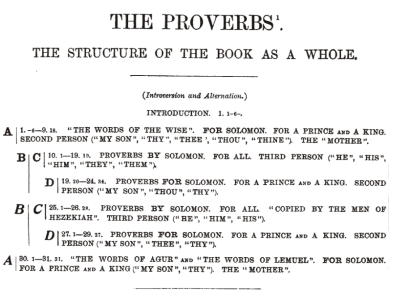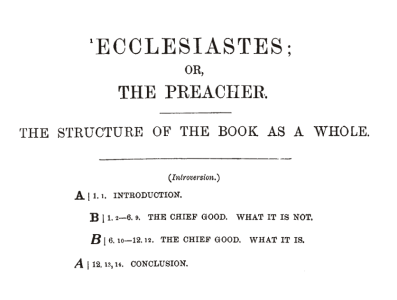Diserner
Active Member
Okay , hear me out. I have several reasons for thinking this.
1. The title has ambiguity in the Hebrew and can be "dedicated to Solomon" or "about Solomon."
2. The book constantly speaks of Solomon in the third person and he is not the center character.
3. The book speaks disparagingly of Solomon's polygamy and we have no record of Solomon displaying that humility.
4. The book exalts a monogamous relationship and contrasts its against Solomon's immorality.
5. The book is not written in the style or vocabulary of Proverbs, Ecclesiastes or Solomon's Psalm.
6. The book uses later vocabulary not from Solomon's time period with a Greek and Persian loanword.
So why do I think this matters?
I think it matters because Solomon was actually a very bad example of human romantic love and should not honored or followed.
1. The title has ambiguity in the Hebrew and can be "dedicated to Solomon" or "about Solomon."
2. The book constantly speaks of Solomon in the third person and he is not the center character.
3. The book speaks disparagingly of Solomon's polygamy and we have no record of Solomon displaying that humility.
4. The book exalts a monogamous relationship and contrasts its against Solomon's immorality.
5. The book is not written in the style or vocabulary of Proverbs, Ecclesiastes or Solomon's Psalm.
6. The book uses later vocabulary not from Solomon's time period with a Greek and Persian loanword.
So why do I think this matters?
I think it matters because Solomon was actually a very bad example of human romantic love and should not honored or followed.



